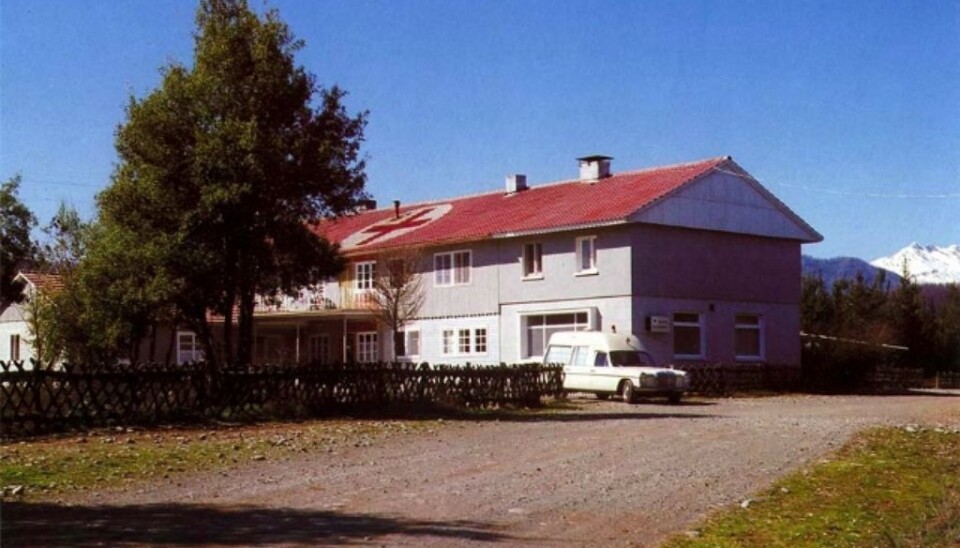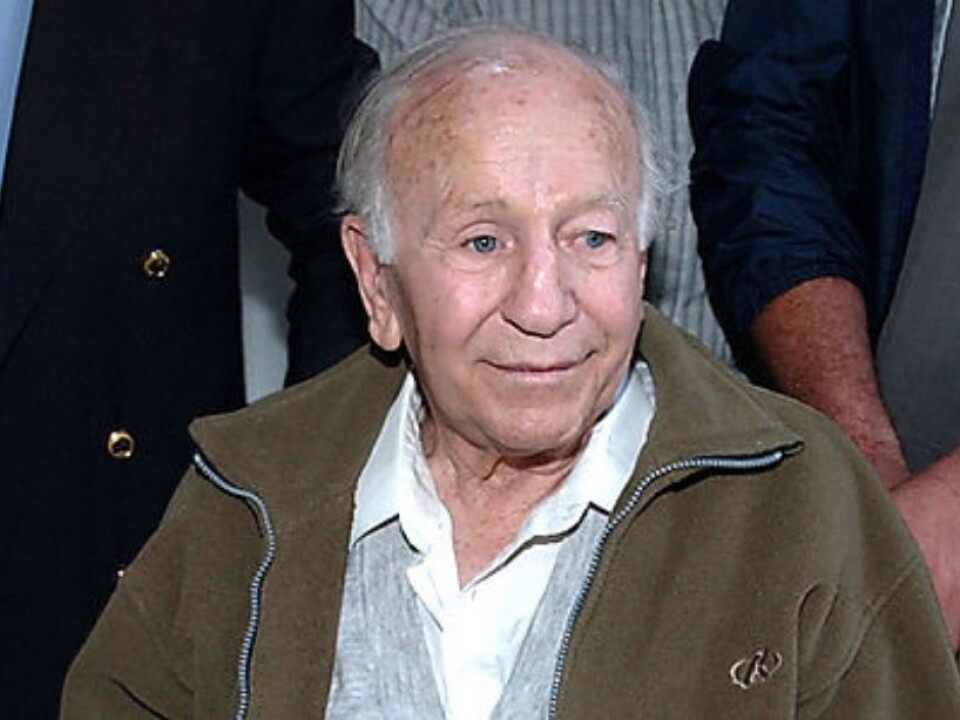An article from University of Tromsø – The Arctic University of Norway

The story of a dream turning into a totalitarian nightmare in a rural village in Chile
A group of German emigrants attempted to create their own society after World War II. But it all went terribly wrong.
Denne artikkelen er over ti år gammel og kan inneholde utdatert informasjon.
They were warmly welcomed in Chile and, like so many other European emigrants, were able to buy land and largely do as they pleased. They called themselves Colonia Dignidad – and also Villa Baviera (the Bavarian village).
What started as a utopian dream, gradually evolved into a totalitarian nightmare with little room for individual and human dignity.
“The residents were ruled with a heavy hand by the charismatic and seductive Schäfer and a small group of leaders. Families were broken up and there were separate houses for men and women divided into age groups. The children had little or no schooling, were not allowed to grow up with parents, and everyone had to work incredibly hard most of the time,” says anthropologist Marcela Douglas at UiT The Arctic University of Norway.
“They attempted to break any bonds that did not link each and everyone directly to the leader and anyone who did wrong suffered harsh penalties,”

Since the early 2000s, she has visited the German Chilean village several times, and she was the first researcher to gain access to this closed society. Earlier this year, she presented her doctoral thesis.
Suspected of child abuse
The small community evolved in Germany in the early 1950s and attracted some of the many Germans who felt alienated and disillusioned after World War II.
“Many were traumatised by acts of war and frustration and had gone through more than enough. As they immigrated to Chile in the early 1960s, they had been unaware of the actual steps towards reconciliation that had taken place in Germany after the war.
“They took these unsettling experiences with them to Chile, and for majority – who had a sincere desire to build a community and help the poor – it was about picking up where they had left off before the war, with German values of moderation and hard work,” says Douglas.

It would later emerge that Schäfer had a quite a different motivation for emigrating; he was suspected of child abuse and needed to escape. But few people knew this as they set off for the new country in South America.
Modern hospital
In Chile, they started to develop their new community step by step. They were largely self-sufficient, growing and selling various agricultural products. Above all, they built a well equipped modern hospital, where local Chileans also received free treatment.
But pretty quickly it became apparent that the residents of the Bavarian village had to pay a high price for Schäfer’s plans. During the 1960s, Chile was strongly divided along left-wing and right-wing lines. Colonia Dignidad sympathised with the right-wing side partly because they were afraid of the left’s desire to collectivise large properties.
“The community changed in many ways in line with the political changes in Chile. When they emigrated from Germany, many brought strong anticommunist attitudes, since many were Sudeten Germans, who were expelled from house and home after the war,” says Douglas.
Important role for Pinochet
“They distanced themselves to an increasing extent from the surrounding society and built barbed wire fences around the village – not so no one could come in, but so no one could come out.”
There was an attempt to break down any form of trust between the residents and the leaders set up groups that spied on each other.”
When Pinochet came to power through a military coup in 1973, the village played a key role in the practice of the military dictatorship. The cellars and the underground building in the Bavarian village were used as a torture chamber for abducted Chileans.
“The residents both knew and did not know – they did not dare to know – what was going on. They were themselves victims of both forced medication and electric shock treatment, and in time the community was so characterized by regimentation and paranoia that everyone was constantly afraid,” says Douglas.
“One man, who at a young age was sent to learn to be a shoemaker, told me he remembers hearing screams from the basement of shoemaker’s house every night. But he didn’t dare to ask what was going on because he was terrified that he would be next.”
Disclosure and search for the truth
Amnesty International described the conditions in Colonia Dignidad in a report that resulted in a trial in Germany in the early 1970s, but it was not followed up in relation to Chile. In Chile, the Germans had such a good reputation as a result of their efforts in the colonization of indigenous areas that no one dealt with this.
After the fall of Pinochet in 1990, a truth commission was established to investigate abuses during the military dictatorship, but this was limited to focussing on the abuses suffered at the village by the abducted Chileans.
Prosecuted and convicted for torture
A long time passed before the truth about the fate of the German residents at the Bavarian village emerged, but over the past 20 years the world has slowly got to know, particularly after pressure from relatives in Germany and the German government.
“To start with the village implemented extensive positive publicity focusing on all the good things it represented and had done, and there was still considerable support from the local community.”
“But in 1997 Interpol issued an arrest warrant for the leader Paul Schäfer, and in 2005 he was found in Argentina and prosecuted and convicted for torture and abuse. The reconciliation started slowly, and in 2006 the leaders of the village wrote an open letter outlining the reasons why they collaborated with Pinochet and justifying the oppression of their own residents,” says Douglas.
To judge as a researcher
Douglas’ research project has changed along the way.
“When I first came to the village in 2001, my starting point was aesthetic. I wanted to study and film what such a village and community looked like.”
“It was still completely hermetically sealed, and it took a long time before I gained the confidence to come in – and into people’s lives. I encountered the whole spectrum of reactions; from denial and suppression to those who increasingly opened up and told me about what they had experienced. To some people, the fact that I used the camera and filmed was a door opener to make oneself heard. I have also gained access to the film the residents have recorded over the years.”
“Gradually, I realized that as a researcher I couldn’t ignore the crazy and absurd things that had taken place.”
In addition to outlining the history of Colonia Dignidad, her thesis focuses on reflections on the role of the researcher and of fieldwork.
“As an anthropologist, I travelled over there to try to understand the other. But in this case, who actually is the other? The residents are so very different; I have empathy with some, but others have committed horrific crimes. As a researcher, how can one relate to that?”
“I have not attempted to go to find the truth about what has happened in the village, but have been interested in how one can tell such awful stories.”
“I have tried to avoid moralism and judging anyone, but I don’t want to be without morals. This is an extremely sensitive field, and there is no set answer about how a researcher should deal with it,” says Douglas.
Translated by: Gavin Tanquay






























